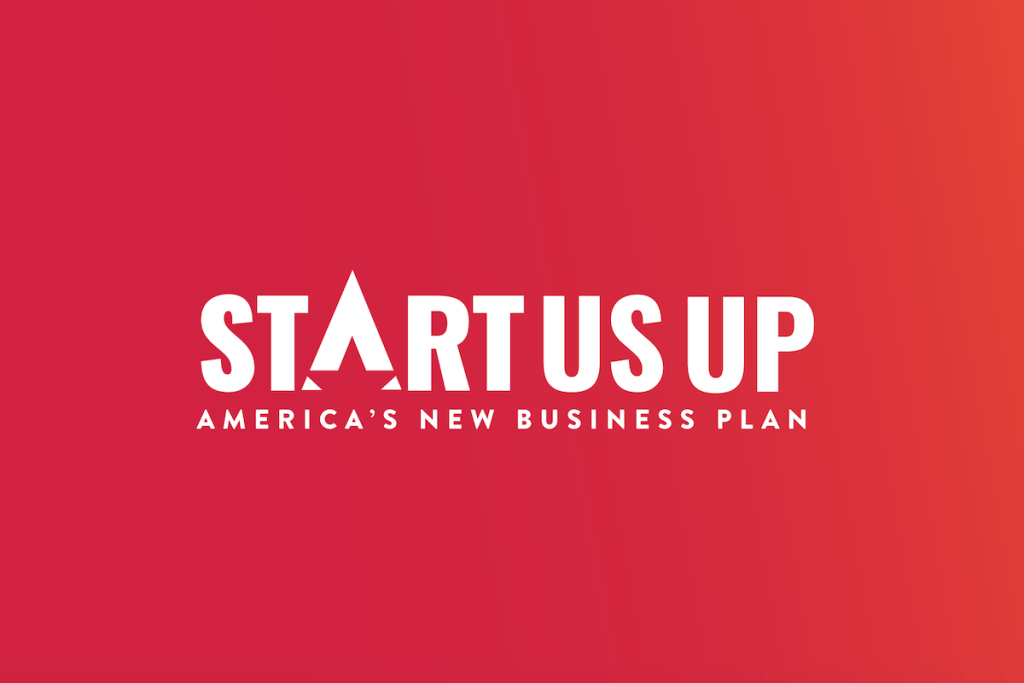Too often, policymakers are overly myopic in their approach to entrepreneurship — a nuanced, multi-faceted policy issue that touches on so many others. As coalition member Right to Start articulated recently on Twitter, “entrepreneurship is not just a small business issue. It cuts across so many issues,” including education, student debt, race and gender, immigration, and more.
That understanding underpins so much of America’s New Business Plan and our four-pillar approach, which encompasses everything from healthcare to broadband access.
This week, we’re excited to share updates from across the coalition that reflect the diverse challenges at play.
California’s beauty school debt trap
The Institute for Justice released a new report on cosmetology licensing, digging deeper into the issue of overly-excessive regulation highlighted in previous weeks. In one op-ed promoting the report, IJ’s Daryl James discusses the student debt trap caused by current licensing requirements. “Cosmetology students in the state paid an average of $17,146 for their programs, and 58% took loans during the study period. … And once they started their careers, they earned just $27,770 per year – less than many other professionals who face no state-mandated training.” Both licensing and student debt are core issues discouraging new business creation — and ones policymakers must address.
DACA Decision Puts U.S. Startup Ecosystem at Risk
In recent weeks, we’ve shared perspectives on the need for a startup visa. This week, Engine’s Jennifer Weinhart discusses how immigration plays an even broader role in the startup ecosystem. Discussing the recent DACA ruling from a Texas state court, Weinhart writes, “businesses started by DACA recipients are responsible for employing an estimated 86,000 individuals across the country. With thousands of DACA recipients working in critical STEM fields like healthcare and with innovative technology companies, these workers help to bring needed diversity to fields like science and engineering where representation is often lacking.” As she notes, foreign-born founders are critical to the economy, and the U.S. should be working to encourage — not restrict — immigration.
How to unearth the startup talent in middle America
The Kauffman Foundation’s Philip Gaskin wrote in a recent op-ed of the challenges facing entrepreneurs in the Midwest. Even as interest in entrepreneurship increases, stats show too often it’s the result of necessity, not choice. Meanwhile, investments in new businesses are often contained to a select few states, leaving women, entrepreneurs of color, and rural entrepreneurs out of the picture. Entrepreneur support organizations, like many in the coalition, play a critical role in bridging the gaps where they exist and unlocking the entrepreneurial potential of America’s Heartland.

